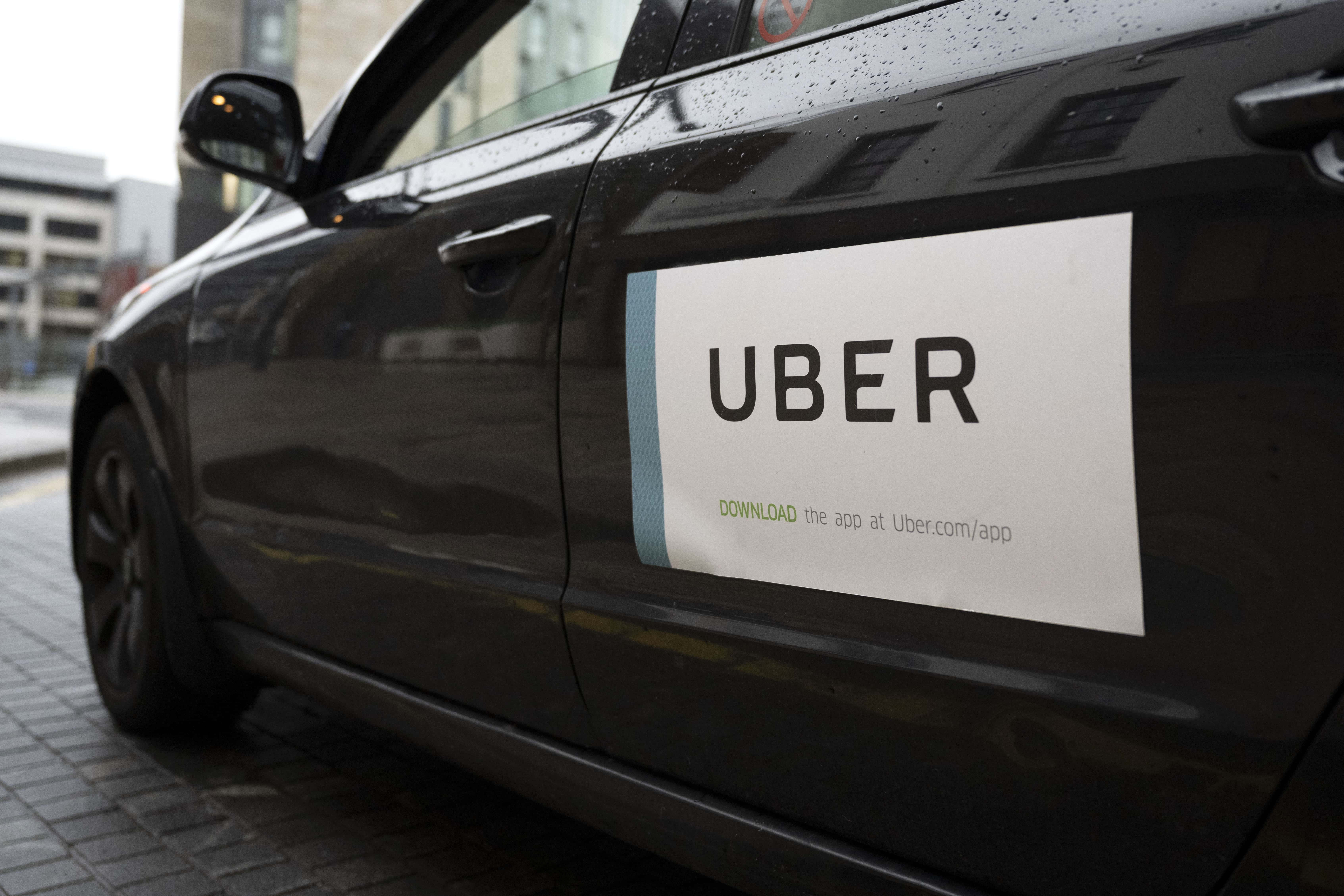What are Uber leaks? Over 124K confidential documents expose DARK REALITY of firm's expansion race

What does it take for a weak little company to become a global behemoth in a matter of a few years? While the mantra for success is different for everyone, one such company to spread its operations throughout the world in merely 5 years was Uber along with the help of then-chief executive Travis Kalanick. However, the company is under extreme scrutiny due to the Uber files. What are they? The Uber files is a global investigation into a sea of 124,000 confidential documents that were leaked.
The documents collected by The Guardian reveal how Uber was able to become the giant it is now. Well, the success is the courtesy of duping the police, undermining the law, and secretly lobbying governments all over the world. The documents leaked consist of Whatsapp messages, emails, iMessages, and more, between most senior executives. The cherry on the top is provided by leaked memos, presentations, notebooks, briefing papers, and invoices. The leak confirms support from politicians such as France's Minister of the Economy Emmanuel Macron and two of Barack Obama’s most senior presidential campaign advisers, David Plouffe and Jim Messina. The former vice-president of the European Commission Neelie Kroes was also involved in this process.
ALSO READ
Who is Melody Maldonado? Superhero mom clings to SUV after carjacker drives off with her children
Elderly Florida couple killed after their Tesla crashes into semi in 37th crash for company
The leak reveals that Emmanuel Macron, as economy minister, went to great lengths to support Uber and backed up its campaign to spoil France's closed-shop taxi industry. It's also leaked that he once told the company that he brokered a "deal" with its opponents in the French cabinet. David Plouffe and Jim Messina were seen discussing helping Uber get access to leaders, officials, and diplomats. One of the biggest leaks that the Uber files contain is that Neelie Kroes helped Uber to lobby a string of top Dutch politicians, such as the Prime Minister himself. Her relationship with the company, as per the files, was considered so sensitive and confidential that it was never to be "disclosed outside the group." Moreover, the company had a "kill switch" in over 6 countries which would prevent police and investigators from accessing sensitive data during raids.

What do people involved with Uber have to say about the files?
The files cover the period from 2013 to 2017 which is crucial as this was the time when Uber went from a vulnerable startup to a $45 billion company. Back in 2010, one could only book black luxury cars. But by the time co-founder Travis Kalanick resigned as chief executive in June 2017, the company was already functioning in more than 600 locations which was a massive feat. Travis Kalanick’s spokesperson said in a statement that he "never authorized any actions or programs that would obstruct justice in any country”, and that he “never suggested that Uber should take advantage of violence at the expense of driver safety. Any accusation that Mr Kalanick directed, engaged in, or was involved in any of these activities is completely false.” The spokesperson added, "When Mr Kalanick co-founded Uber in 2009, he and the rest of the Uber team pioneered an industry that has now become a verb. To do this required a change of the status quo, as Uber became a serious competitor in an industry where competition had been historically outlawed."

TOP STORIES
'I am fully aware of their size': Florence Pugh blasts 'VULGAR' trolling over see-through dress
Shocking pics show Spirit Airlines plane catching fire on landing at Atlanta airport
Uber’s senior vice-president of public affairs, Jill Hazelbaker said in a statement, "We have not and will not make excuses for past behavior that is clearly not in line with our present values. Instead, we ask the public to judge us by what we’ve done over the last five years and what we will do in the years to come. Uber is now one of the largest platforms for work in the world and an integral part of everyday life for over 100 million people. We’ve moved from an era of confrontation to one of collaboration, demonstrating a willingness to come to the table and find common ground with former opponents, including labor unions and taxi companies. We are now regulated in more than 10,000 cities around the world, working at all levels of government to improve the lives of those using our platform and the cities we serve."










